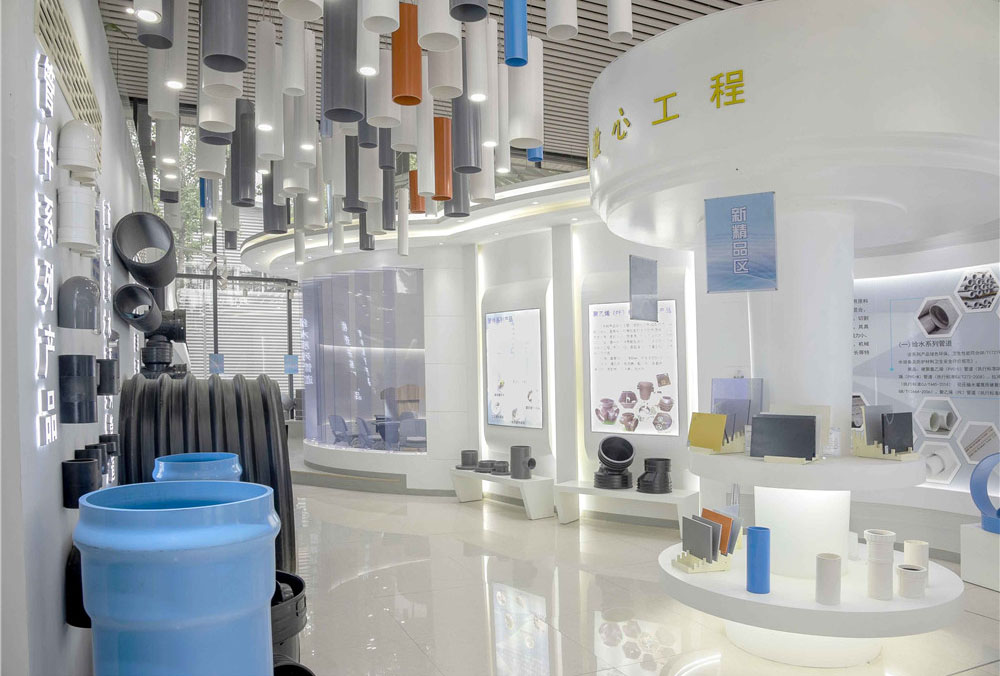Dec . 05, 2024 02:09 Back to list
hdpe drip pipe
Exploring HDPE Drip Pipes An Efficient Solution for Agriculture
In recent years, agriculture has faced numerous challenges, including water scarcity, rising costs, and the need for sustainable practices. One key innovation that has emerged as a solution is the use of High-Density Polyethylene (HDPE) drip pipes. These pipes have transformed traditional irrigation methods, offering an efficient and effective means of delivering water directly to the roots of plants.
HDPE, a type of plastic known for its durability and strength, is an ideal material for drip irrigation systems. The pipes made from HDPE are resistant to various environmental factors, including UV radiation, chemicals, and extreme temperatures. This resistance ensures a long lifespan for the irrigation system, reducing the need for frequent replacements and maintenance. Farmers can therefore invest in HDPE drip pipes with confidence, knowing they will last for many growing seasons.
Exploring HDPE Drip Pipes An Efficient Solution for Agriculture
Moreover, HDPE drip pipes contribute to improved crop yields. By providing consistent moisture to plants, they help maintain optimal growing conditions. This steady supply of water encourages better root development and enhances nutrient uptake, resulting in healthier and more productive crops. Additionally, because water is delivered directly to the plants, the risk of disease caused by excess moisture on leaves and stems is significantly reduced, further promoting plant health.
hdpe drip pipe

The installation of HDPE drip pipes is relatively straightforward, making them accessible to farmers of all sizes. The flexibility of HDPE allows for various configurations to fit different field sizes and crop types. Farmers can easily customize their drip irrigation systems to meet the specific needs of their crops, optimizing water usage and ensuring each plant receives adequate hydration.
Economically, the initial investment in HDPE drip irrigation can be offset by the long-term savings on water, labor, and fertilizers. With reduced water consumption, farmers can lower their water bills and invest those savings into other critical areas of their operations. Additionally, the improved efficiency of water delivery means that less fertilizer is wasted, leading to lower input costs and a reduced environmental impact.
Furthermore, the adoption of HDPE drip irrigation supports sustainable agriculture practices. As more farmers turn to this technology, the agricultural sector as a whole can move towards more responsible water use, crucial in the context of global climate change and the growing demand for food. By utilizing innovative solutions like HDPE drip pipes, farmers can contribute to a more sustainable future while maintaining productivity.
In conclusion, HDPE drip pipes represent a significant advancement in agricultural practices. Their durability, water conservation capabilities, and positive impact on crop yields make them an attractive option for farmers worldwide. As the agricultural industry continues to evolve, embracing technologies that promote efficiency and sustainability will be vital in tackling the challenges of the future. By investing in HDPE drip irrigation, farmers are not only ensuring their success but also playing a crucial role in the stewardship of our planet's valuable water resources.
-
Durable PP Rigid Sheet: Lightweight, Chemical Resistant Solutions
NewsAug.21,2025
-
PVC Grey Sheet for Extraction: Chemical Resistant & Durable
NewsAug.19,2025
-
Durable PVC Pipe Fittings for Plumbing & Irrigation Needs
NewsAug.18,2025
-
HDPE Steel Belt Reinforced Spiral Corrugated Pipe | High Strength
NewsAug.17,2025
-
HDPE Pipe Fittings: Durable, Leak-Proof Solutions
NewsAug.16,2025
-
Premium CPVC Sheet: High-Temp & Chemical Resistant Solutions
NewsAug.15,2025

